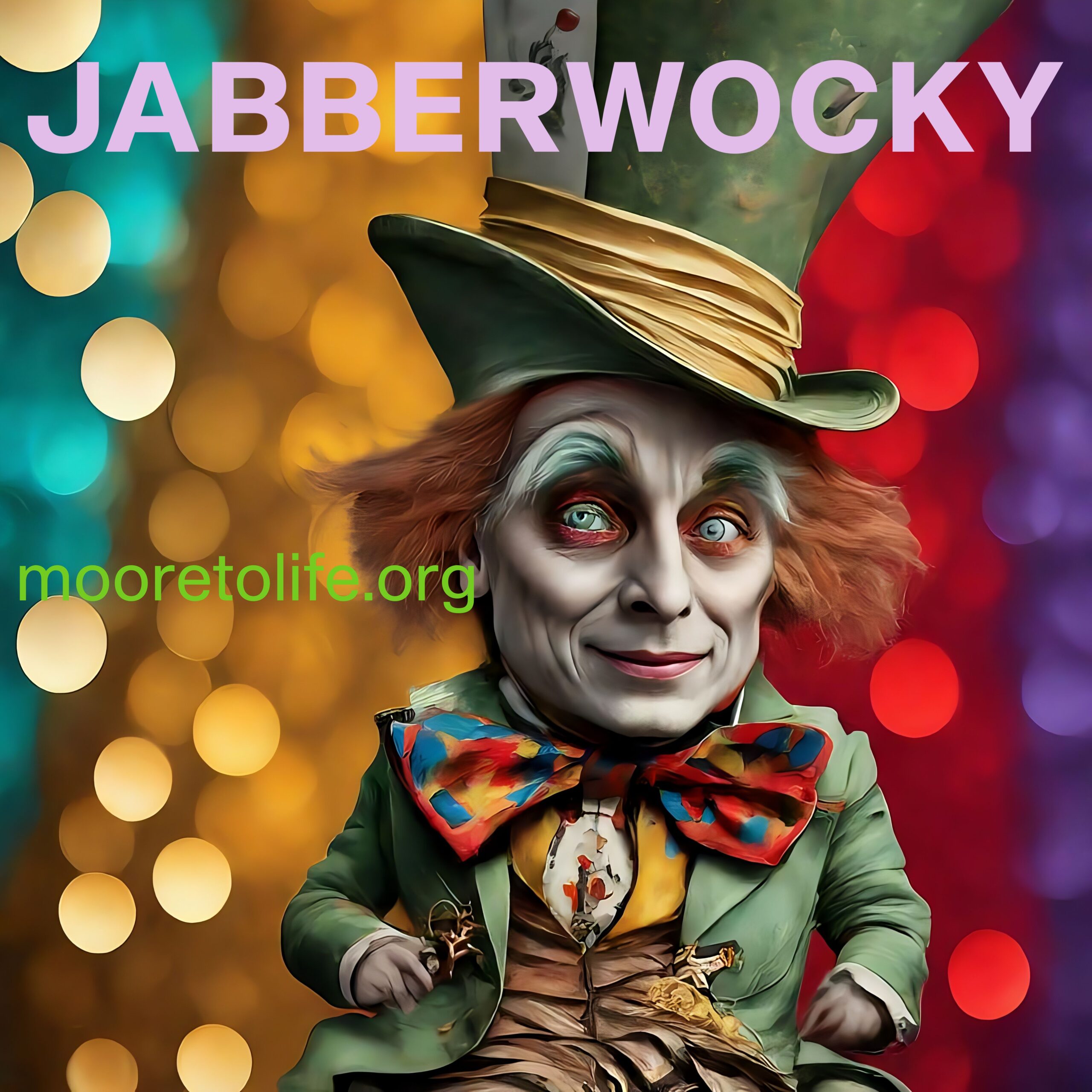
In his 1871 novel, “Through the Looking-Glass” – the sequel to “Alice’s Adventures in Wonderland” – Lewis Carroll included a nonsense poem titled “Jabberwocky.” I’m being honest with you, friends, when I tell you that some days – particularly days when I spend too much time trying to keep up with the latest news – I feel like I’m living in the land of Jabberwocky. Especially when it comes to all things American politics, I’m not sure we could write a more complicated or unpredictable script. Such a climate can lead to intense feelings of unsettledness.
I sure hope you can relate.
So, in an attempt to steady ourselves, why don’t we go back to the beginning? And I mean the very beginning …
“In the beginning, God created the heavens and the earth. The earth was without form and void, and darkness was over the face of the deep. And the Spirit of God was hovering over the waters. And God said, ‘Let there be light,’ and there was light” (Genesis 1:1-3). And the rest of the Creation account follows suit. Step by step, through each of the six days of Creation – beginning with His creation of light – God transforms the unattractive disorder of the world into gorgeous order.
Before there was light, what’s described for us in English as an earth “without form” – this “formless” substance of some kind – comes from a Hebrew word which means “unreality” and “confusion.” In the original language, what’s being described is a kind of chaos. Idiomatically speaking, it means non-material material (that’s not a typo), so we can think of the pre-light world as some kind of unformed form, or shapeless shape. Philosophically, the Bible is describing something like a square circle – something that was so disordered that only God could make it right.
As the Creation account unfolds, so does the ordered beauty. In the first chapter of the Scriptures, the refrain is repeated until we notice a key theological pattern: “And God saw that it was good.” After humankind is created, the report gets even better: “And God saw everything that he had made, and behold, it was very good.” God places our first parents, Adam and Eve, in a spectacular garden – not in the murky mess with which things began. They share God’s image, and they start off with a sacred purpose – to subdue all things. Any remaining formlessness or disorder, they are to bring into shape and order. There’s a spark of potential even in the unformed, and God will use the first couple and their descendants to make it beautiful. By filling the world with human life, God will use people to widen the boundaries of beauty and order. As God’s unique reflections, their work was to be filled with holy purpose.
Then sin. Chapter 3 is an eye opener and a gamechanger. It didn’t take long for Adam and Eve to reintroduce chaos. The lie of the serpent was enough to plunge the entire human race into outright mutiny. We fell into a tangled mess of sin and confusion, and even our God-given identity got lost in the madness. Our work – “vocation” means “calling” – would lose much of its joyful luster. Paradise was lost. As a fallen and confused human race, we’ve been trying to pick up the pieces ever since.
Enter Jesus! He loved us too much to leave us to our own madness, and He came to defeat the darkness once and for all! The futility and chaos which we invited not only into our culture, but into our very souls, He came to overthrow. A bloodstained cross and an empty tomb are the spoils of His victory!
And so are we. We, the ransomed by grace, are the trophies of Christ’s mercy and love. Sin, forgiven and remembered no more.
Now, by His all-powerful Holy Spirit, our Lord – the rescuer par excellence – is accomplishing the great work of restoring us to our God-ordained identity and mission. We, the Lord’s redeemed people, have been recommissioned to the most exquisite and exciting task on the planet: We’re expanding Christ’s beautiful reign to the ends of the earth.
We’re still called.
So, present-day chaos duly considered, here’s my threefold challenge – right now – for us …
1. Let’s get back in the race! We are not called to rest on our laurels, while being seduced by the incessant entertainment of this age. Technology is a fine tool, but a terrible master. Instead, you and I are called to grow in the knowledge of God, to stretch ourselves to depend on Christ more and more, and to step out of our comfort zones – for the glory of the name we bear – on a regular basis. We don’t live in “the good old days,” but we smile at the future, knowing the King who is sovereign and good. We can’t let feelings of unsettledness push us toward mission drift.
2. Let’s get our eyes back on the prize! The church is the body of Christ, and it is even more than our spiritual family. We are a kingdom of priests, and we are an army of warriors commissioned with the retaking of lost ground. We are penetrating the pervasive despair, which marks our restless age, with gospel hope. We are defeating lifeless ideologies with timeless truth. We are – by the witness of the risen Jesus living in us – restoring order and loveliness in a land that seems to be losing both. No matter how ferociously the political winds may howl, we are unmoved. So stay faithful at your post, with your eyes fixed on the Savior of the world.
3. Let’s get back to the main task at hand! We must tell everybody the good news that Jesus Christ is Lord – and that there is no other way to life. America’s youth are “dechurching” at a scary pace. These precious souls include our family and friends, and they’re walking away from what they know of the doctrines that we hold dear. Tragically, per the latest stats, most are deconstructing their faith before they reach the age of 30. Friends, this is our opportunity to walk alongside someone who’s at risk, and I urge you to build and nurture those priceless relationships. Right now counts for eternity.
As you and I keep choosing light over darkness – and as we urge others to do the same – we renew our own commitment to stay the course and go the distance. I’ll grant you that much of the news – much of the current state of affairs – is jarring. Truly, it can be. But don’t forget: Capitol Hill matters – it matters indeed – but not nearly as much a hill called Calvary.
“The kingdom of the world has become the kingdom of our Lord and of his Christ, and he shall reign forever and ever” (Revelation 11:15). Spoiler alert: Paradise has been found!
I choose Christ over chaos. I choose Christ over jabberwocky. I choose Christ.
What say you?
Pastor Charles

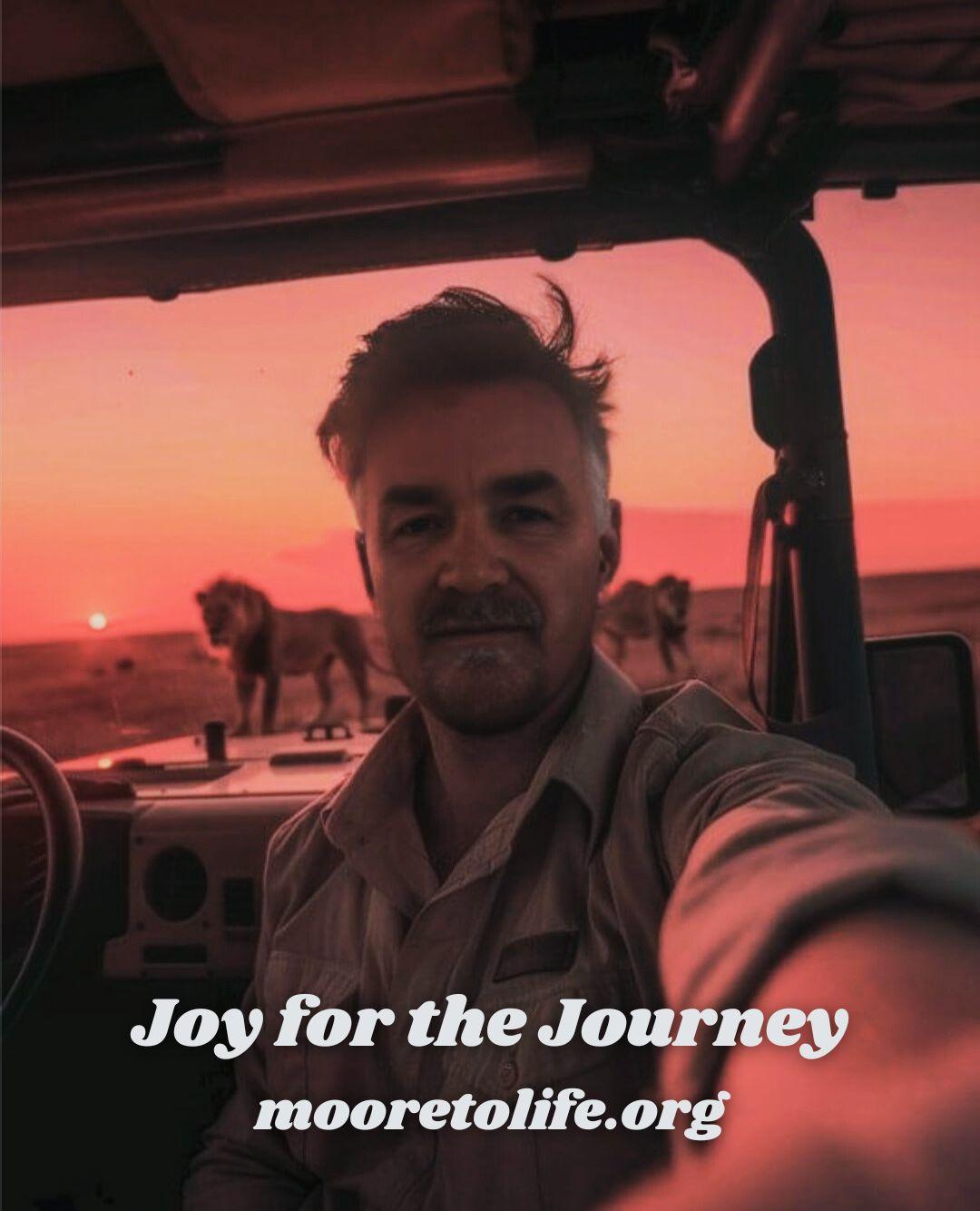
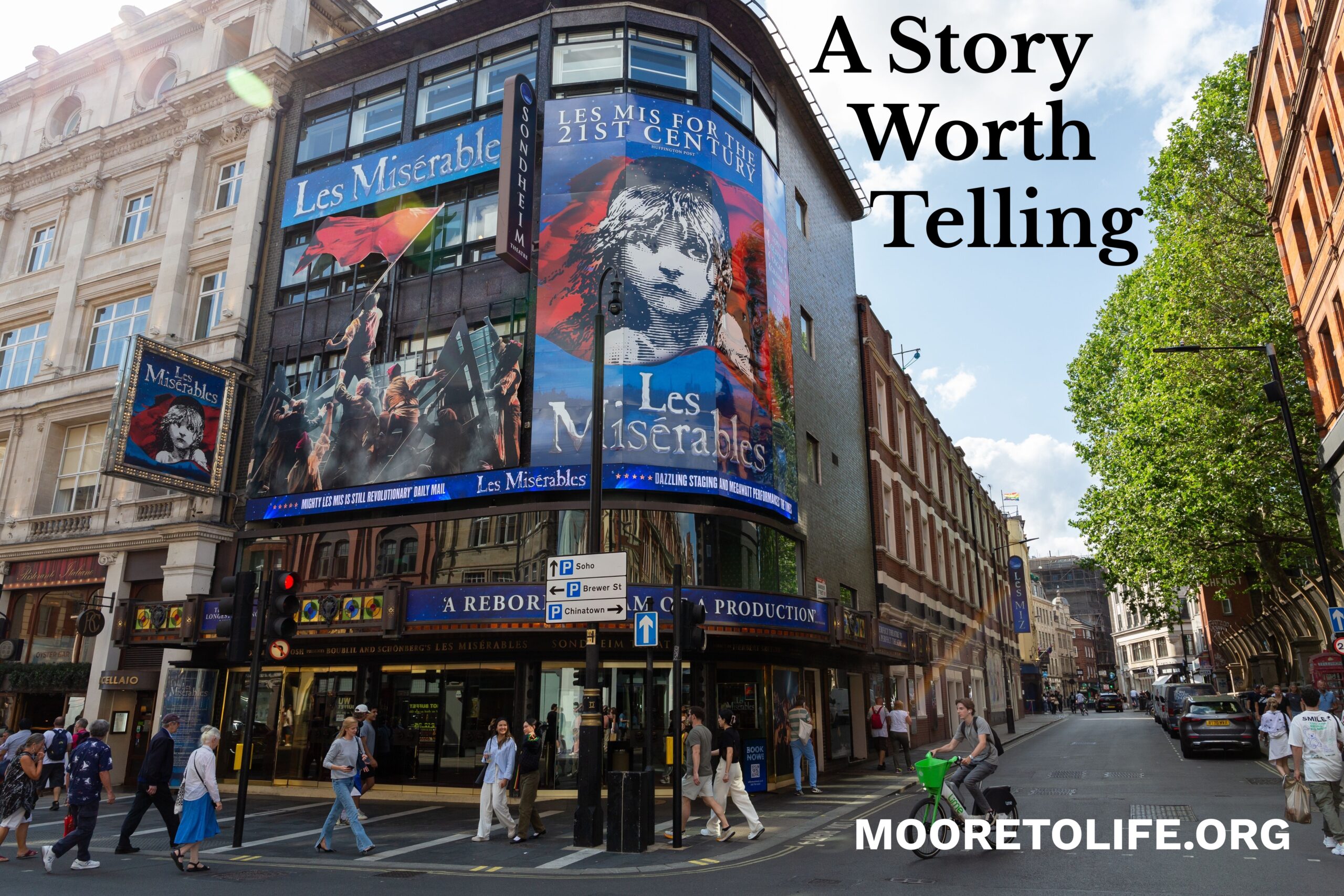
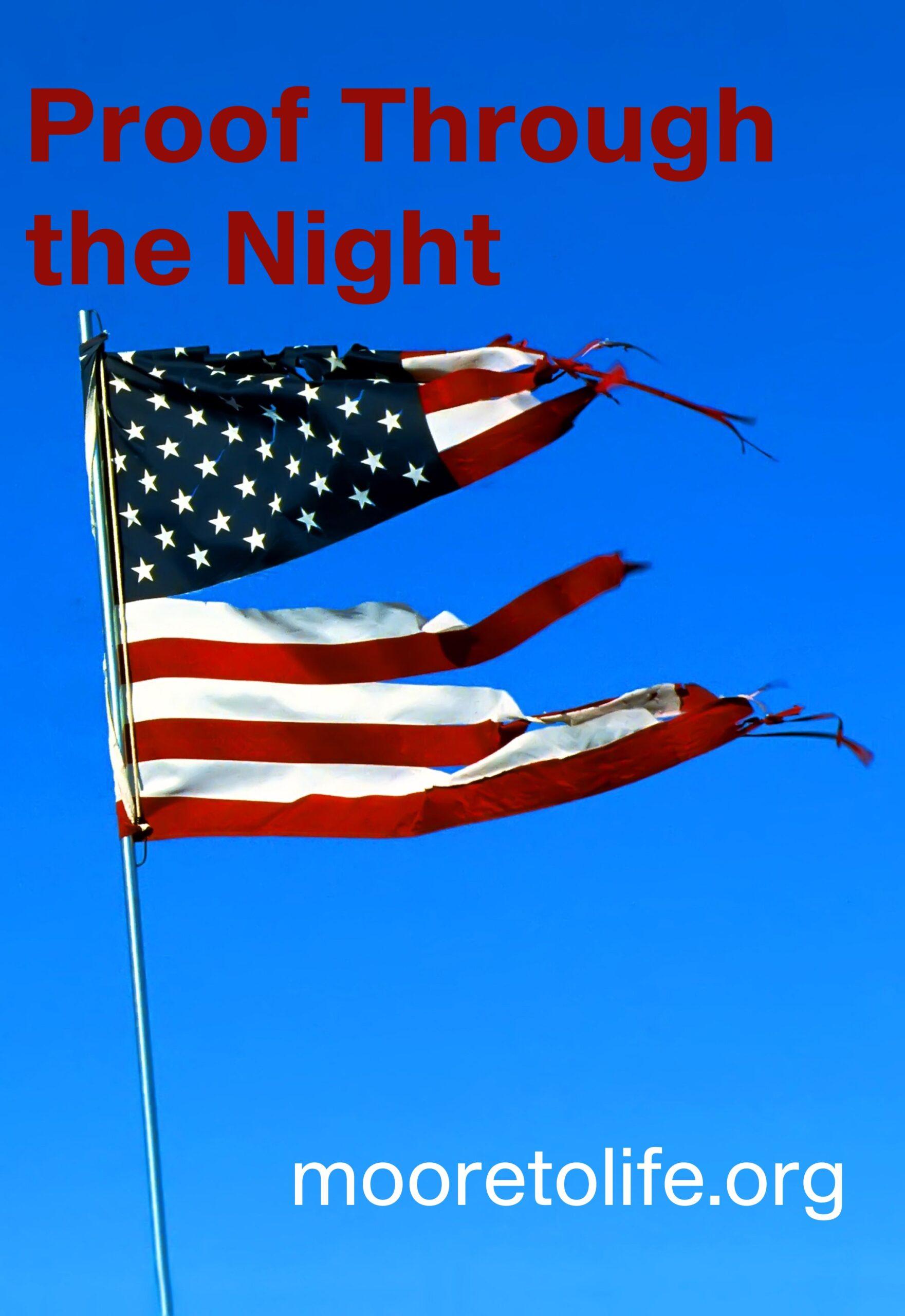

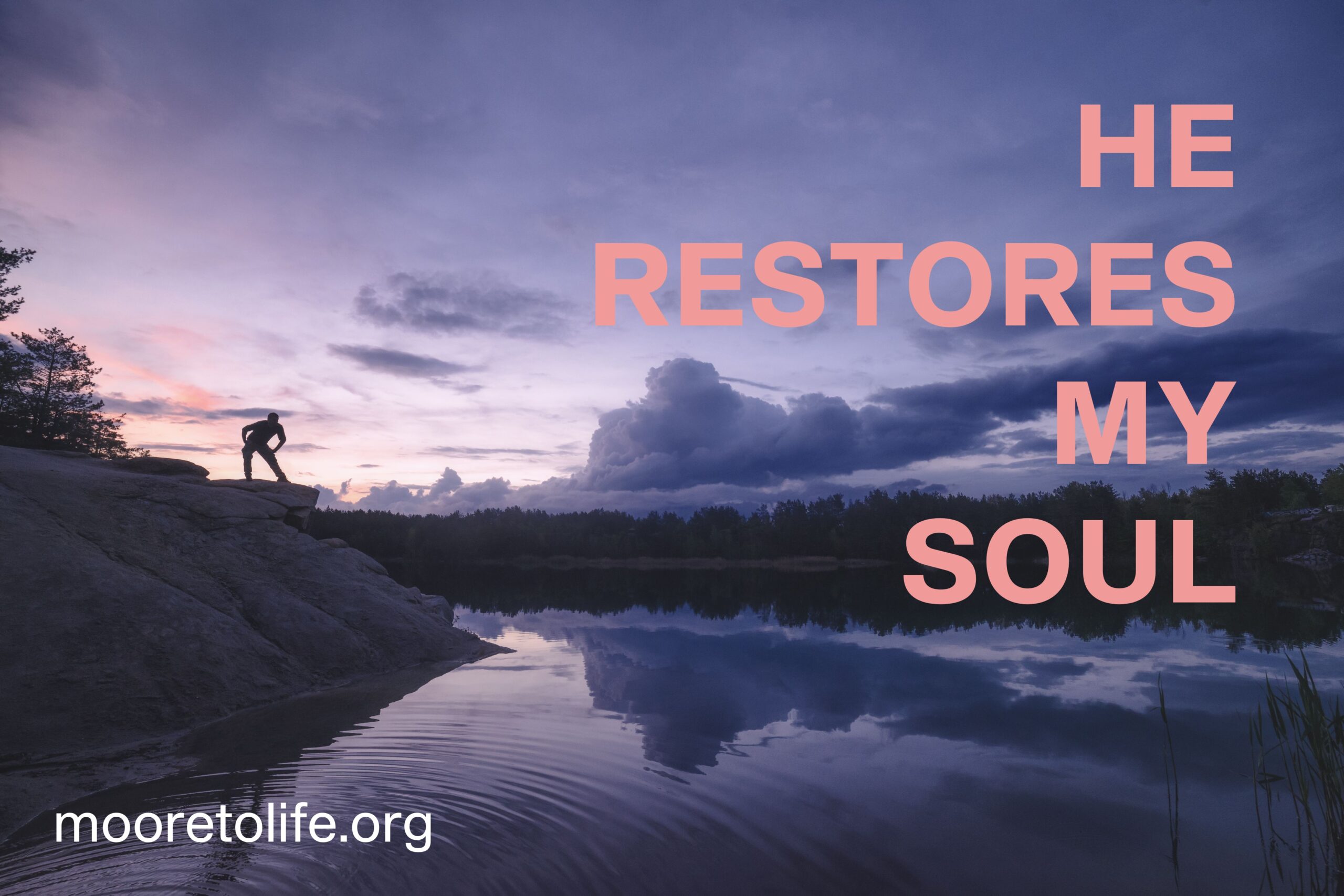
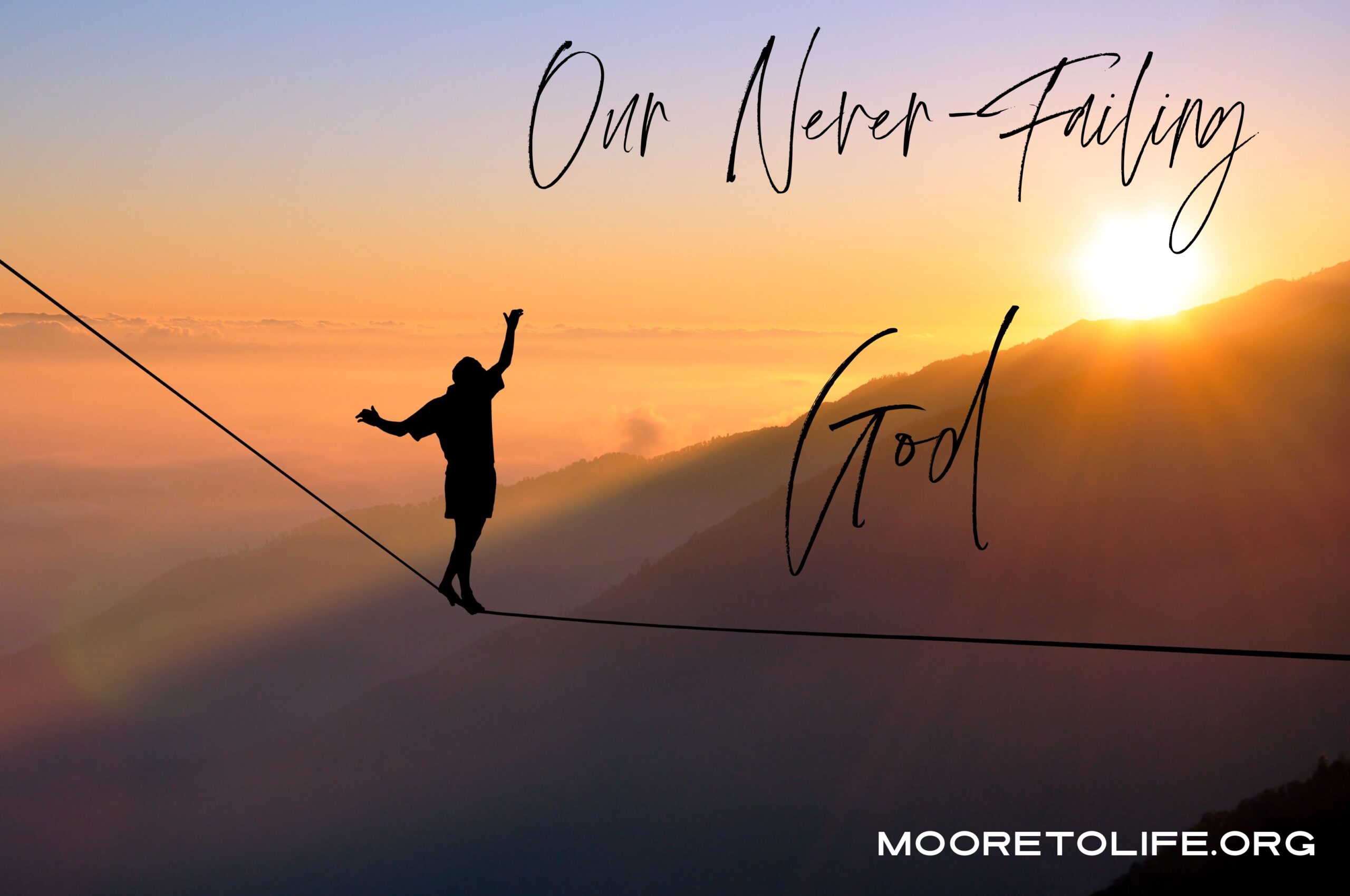
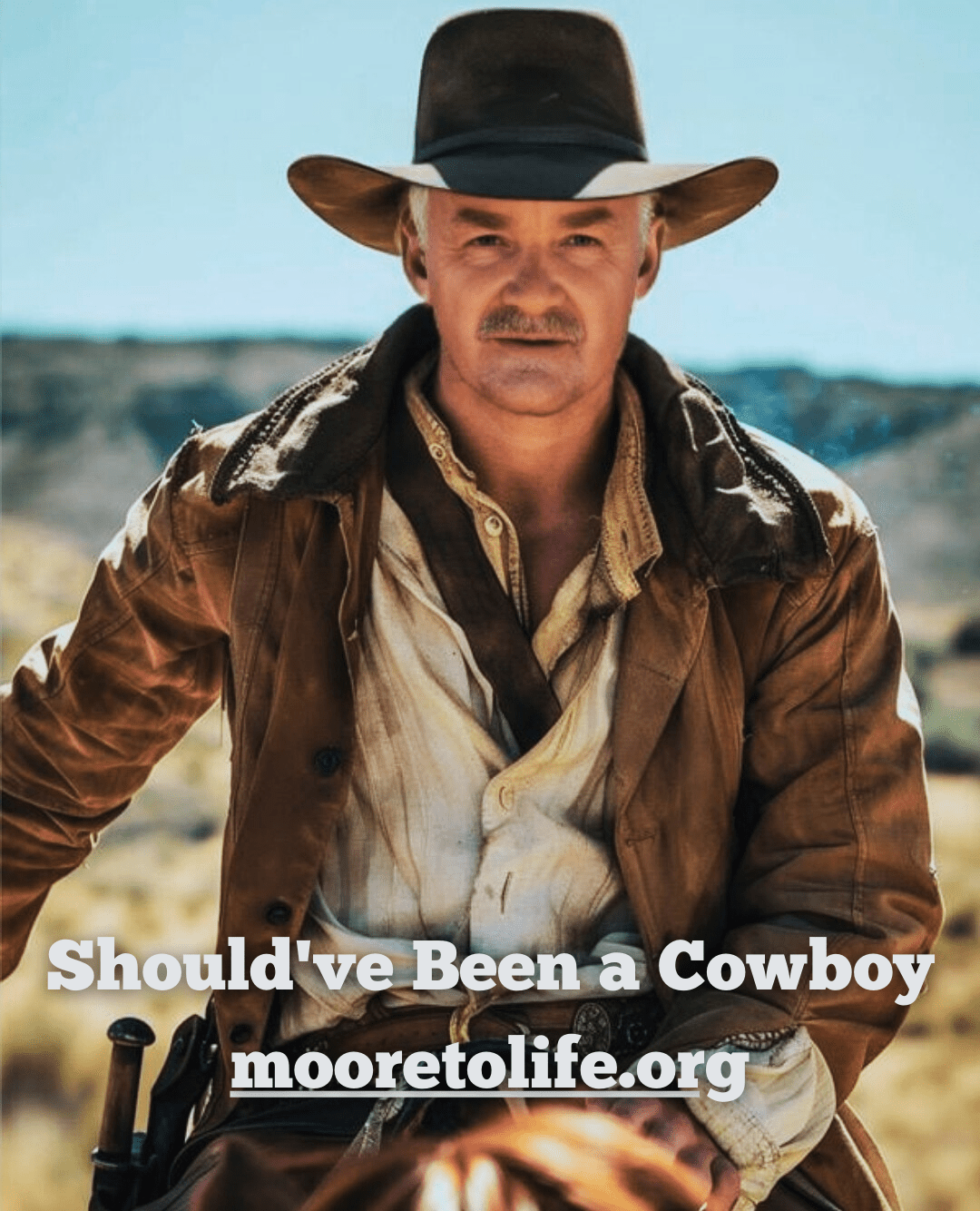
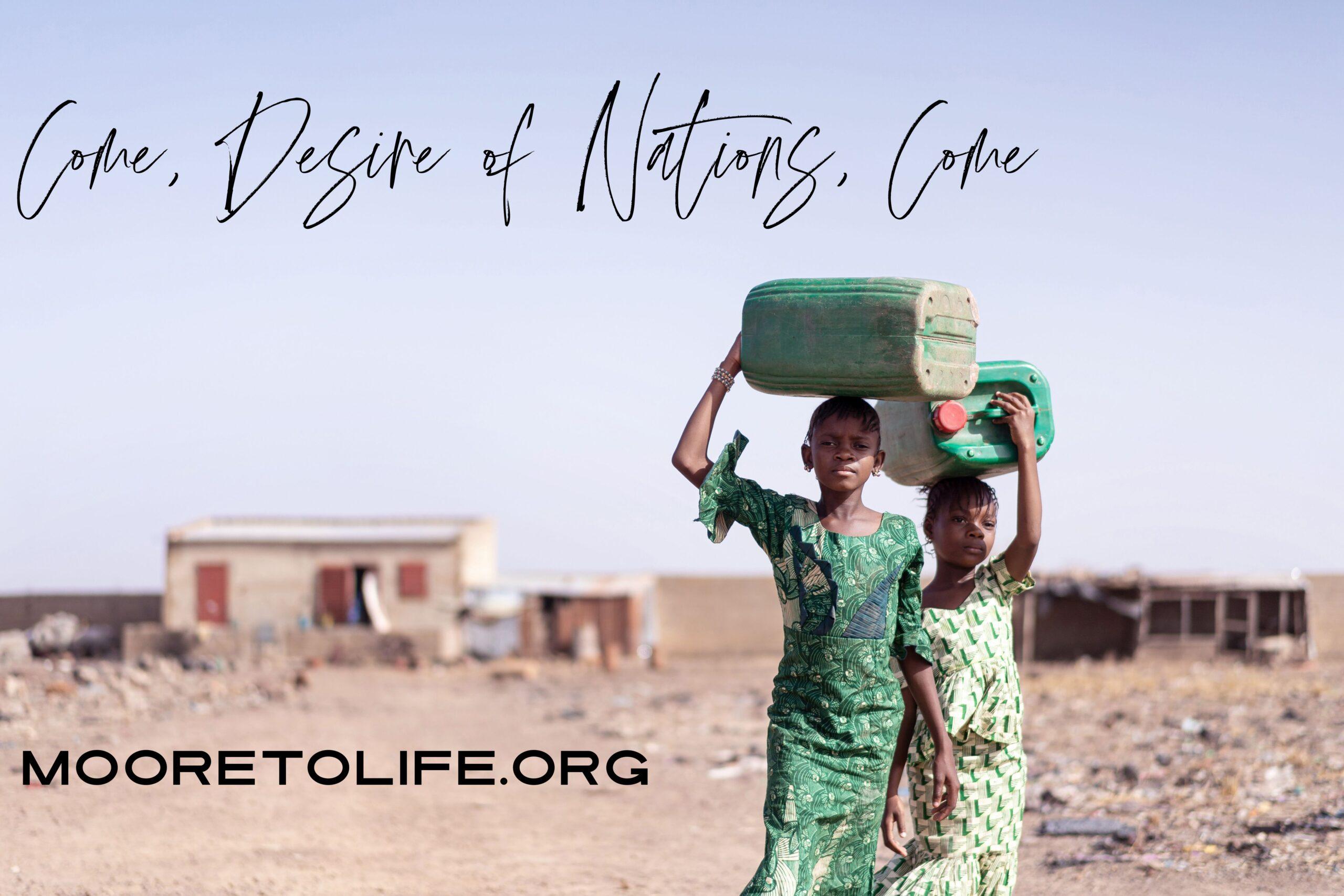
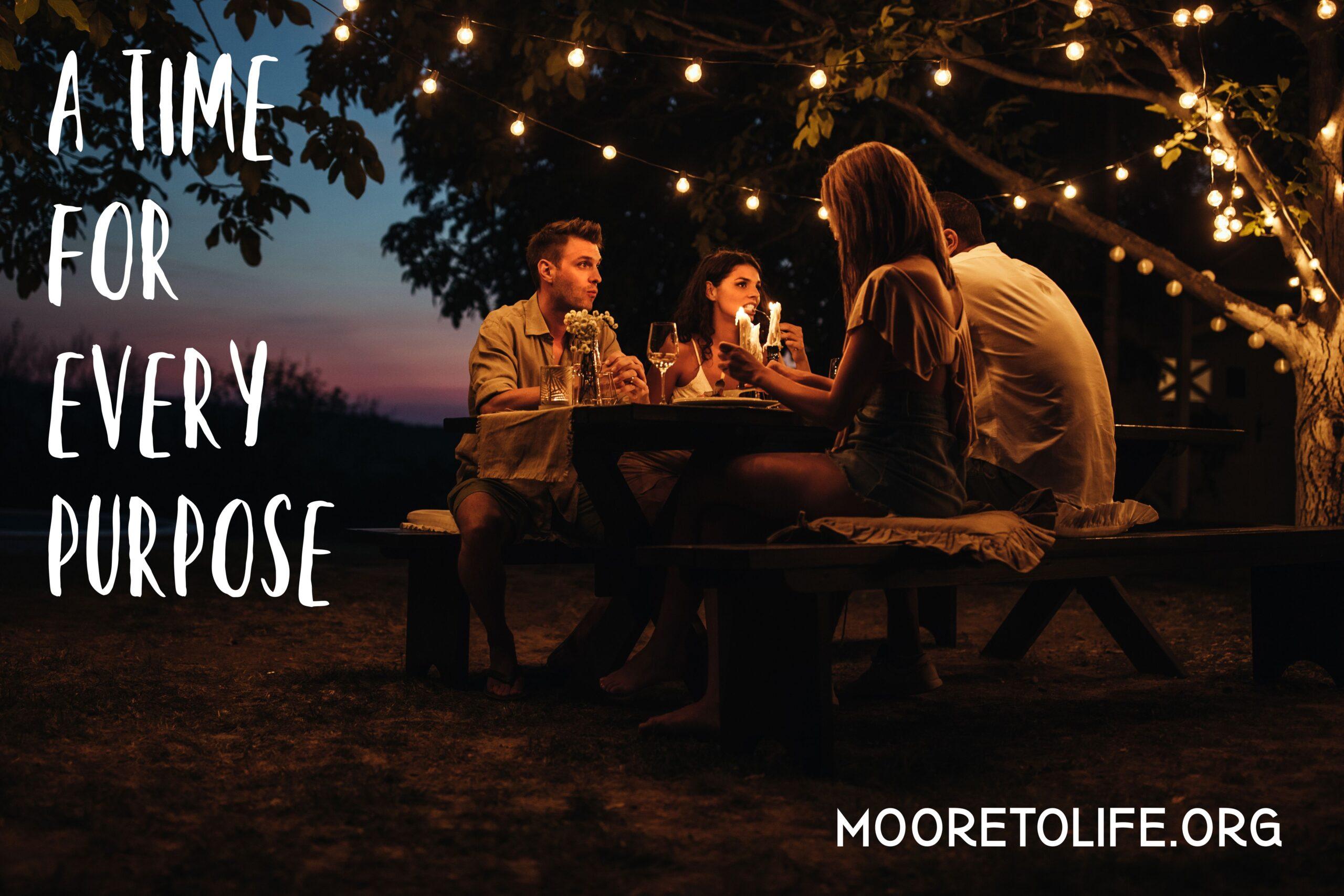
Recent Comments